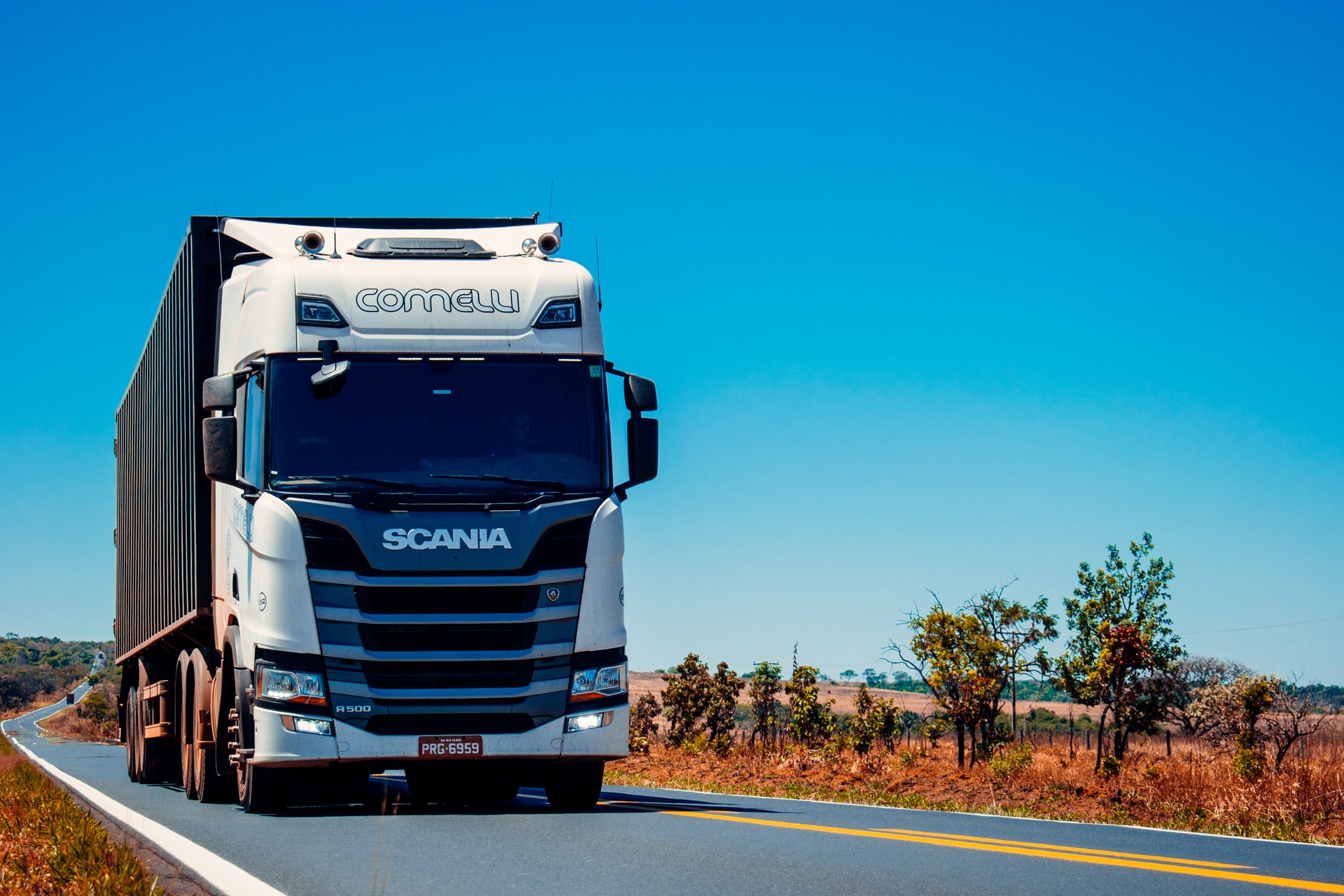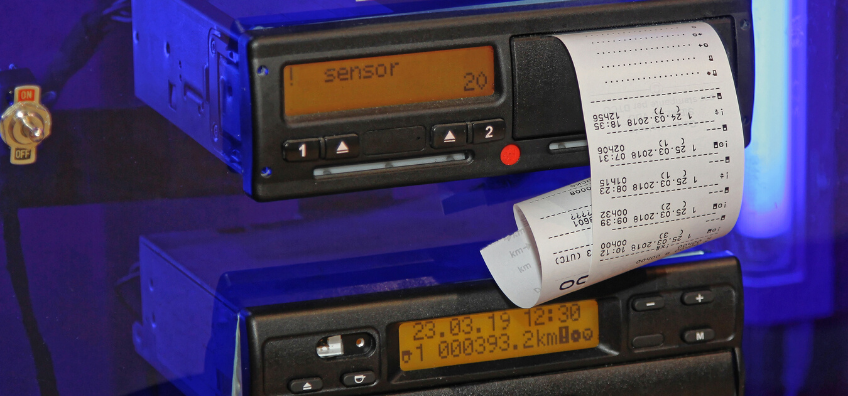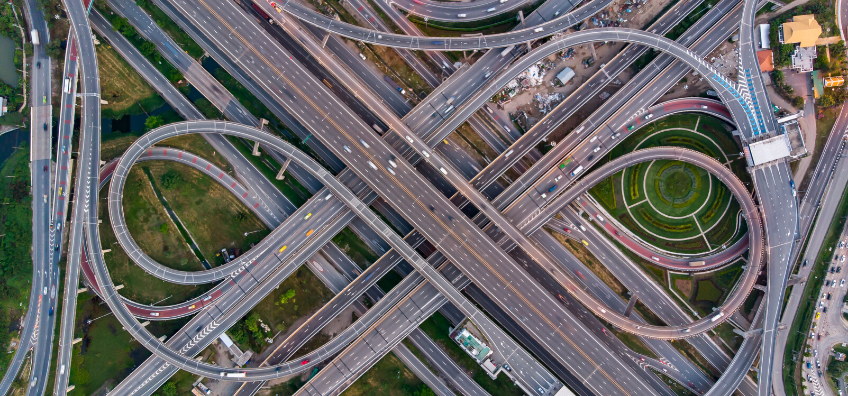DRIVING RESTRICTIONS IN POLAND IN 2019
07/05/2019

There are a lot of driving restrictions in Poland for vehicles and vehicle sets with a gross vehicle mass (GVM) exceeding 12 tonnes: on public holidays, on the day preceding public holidays, during summer.
If you are involved in road transport in Poland, you must be aware of them.
We’ve made it easy for you by preparing a short and clear presentation and a special graphical overview of all days on which driving restrictions apply.
BANS:
1. On the day preceding public holidays exept 1st and 6th of January and 25th and 26th of December.
2. On public holidays between 08:00 and 22:00.
1 January – New Year
6 January – Epiphany (no restrictions on this day)
21 April – Easter Sunday
22 April – Easter Monday
1 May – Labour Day
3 May – Constitution Day
9 June – Pentecost
20 June – Corpus Christi
15 August – Assumption
1 November – All Saints’ Day
11 November – Independence Day
25 December – First Christmas Day
26 December – Second Christmas Day
3. In the period from the last Friday of June to the last Sunday before the beginning of the school year, i.e. from 28 June to 1 September 2019:
1) on Fridays from 18:00 to 22:00,
2) on Saturdays from 08:00 to 14:00,
3) on Sundays from 08:00 to 22:00.
We have prepared a graphical overview of all days on which driving restrictions apply. A pdf version may be downloaded here: DRIVING RESTRICTIONS IN POLAND IN 2019
DRIVING RESTRICTIONS DO NOT APPLY TO THE FOLLOWING VEHICLES:
- Vehicles belonging to the Police, Road Transport Inspectorate, Border Guard, Customs, Polish Armed Forces, Government Protection Bureau, technical emergency services, fire brigade services, chemical emergency services and radiological and contamination protection services;
- Vehicles taking part in removing breakdowns;
- Vehicles used in rescue actions;
- Emergency vehicles used in the case of natural disasters;
- Vehicles used for humanitarian aid;
- Vehicles used in the construction and maintenance of roads and bridges;
- Vehicles carrying livestock;
- Vehicles used for the purchase of fresh milk, corn or livestock;
- Vehicles working for the needs of direct supply of fuel, oil products, lubricants, spare parts and drinking water for seagoing ships;
- Vehicles transporting transmission equipment for radio or TV stations;
- Vehicles used for the carriage of equipment intended for mass events in connection with the organisation of such events;
- Vehicles transporting newspapers which constitute a considerable volume of the total cargo or of the available loading space;
- Vehicles used for the carriage of medicines and medical supplies;
- Vehicles used for the carriage of mail which constitutes a considerable volume of the total cargo or of the available loading space;
- Vehicles whose operation is strictly connected with the necessary maintenance of the production cycle or with providing services to a company working around the clock;
- Vehicles transporting dangerous goods in quantities for which the orange plate is required;
- Vehicles carrying perishable goods or foodstuffs* which constitute a considerable volume of the total cargo or of the available loading space;
- Vehicles used for the carriage of concrete or equipment for pumping concrete;
- Vehicles used for the carriage of municipal waste or liquid waste;
- Vehicles used for the carriage of cargo unloaded from railway wagons up to a distance of 50 km from the railway station;
- Vehicles used in combined transport;
- Slow-moving agricultural vehicles and tractors;
- Vehicles returning from abroad to complete a road transport operation or travelling to the consignee who has his registered office in Poland;
- Vehicles which entered Poland before the date or time of the restriction and which may travel up to 50 km from the border crossing, and vehicles in the border zone waiting to leave Poland;
- Vehicles used for free preventive medical examinations.
The exceptions mentioned under points 6 to 21 apply also to empty vehicles travelling to load cargo or on their return journey after unloading.
We will organize any
transport in 45 minutes
or less
Our employee will quickly prepare a specific offer, and after its acceptance, they will personally ensure that nothing will prevent the delivery at the agreed time.
Unexpected orders do not surprise us because we are well-prepared.
*LIST OF PERISHABLE FOODSTUFFS:
- Meat and edible offal.
- Fish, shellfish, molluscs and other aquatic invertebrates.
- Dairy products, in particular yoghurts, kefir, sour cream, milk, curd cheese, ripened cheese, butter and ice-cream.
- Birds’ eggs and egg pastes.
- Cut flowers, house plants, rolled turf (grass).
- Fresh and frozen vegetables and mushrooms.
- Fresh and frozen fruit.
- Cereals and agricultural produce for the production of food, fodder and vegetable fats.
- Ground cereals, in particular flour, groats, semolina and corn granules.
- Fat and oil of animal or vegetable origin.
- Food preserves, in particular of meat, poultry, fish, vegetables and fruit.
- Sweets and confectionery.
- Preserves of cereals, flour, starch or milk powder and confectionery.
- Soft drinks.
- Remains and waste from the food industry, ready-made animal feedstuff.
- Sugar beet.
- Potatoes.
- Compresses baker’s yeast and yeast milk.
- Growing media of mushrooms.
ADDITIONAL DRIVING RESTRICTIONS:
It should also be noted that there are driving restrictions in individual cities of Poland, i.e.:
- Warsaw
- Ełk
- Łomża
- Wrocław
- Toruń
- Poznań
- Gliwice
- Nowa Sól
- Suwałki
- Sopot
- Płock
- Łódź
- Lublin
Details of restrictions may found at www.zmpd.pl




